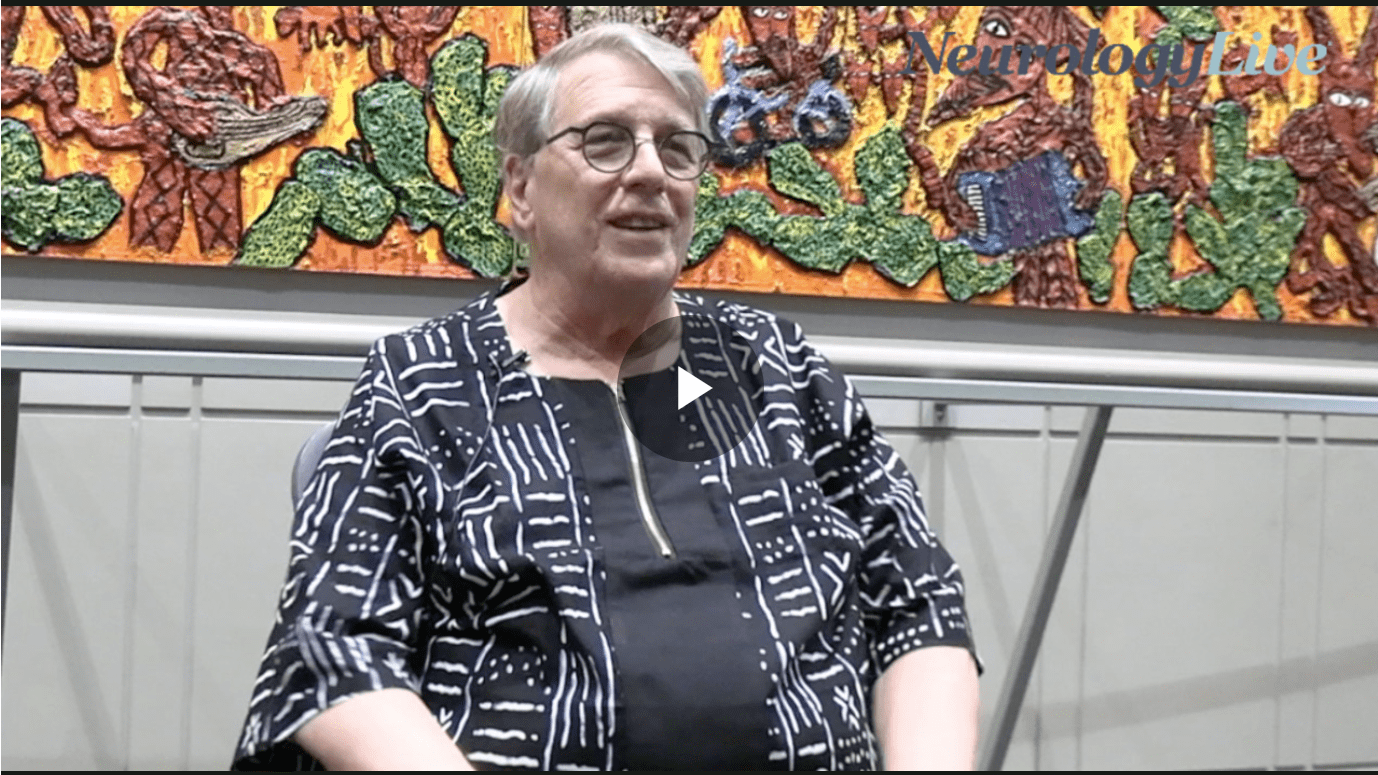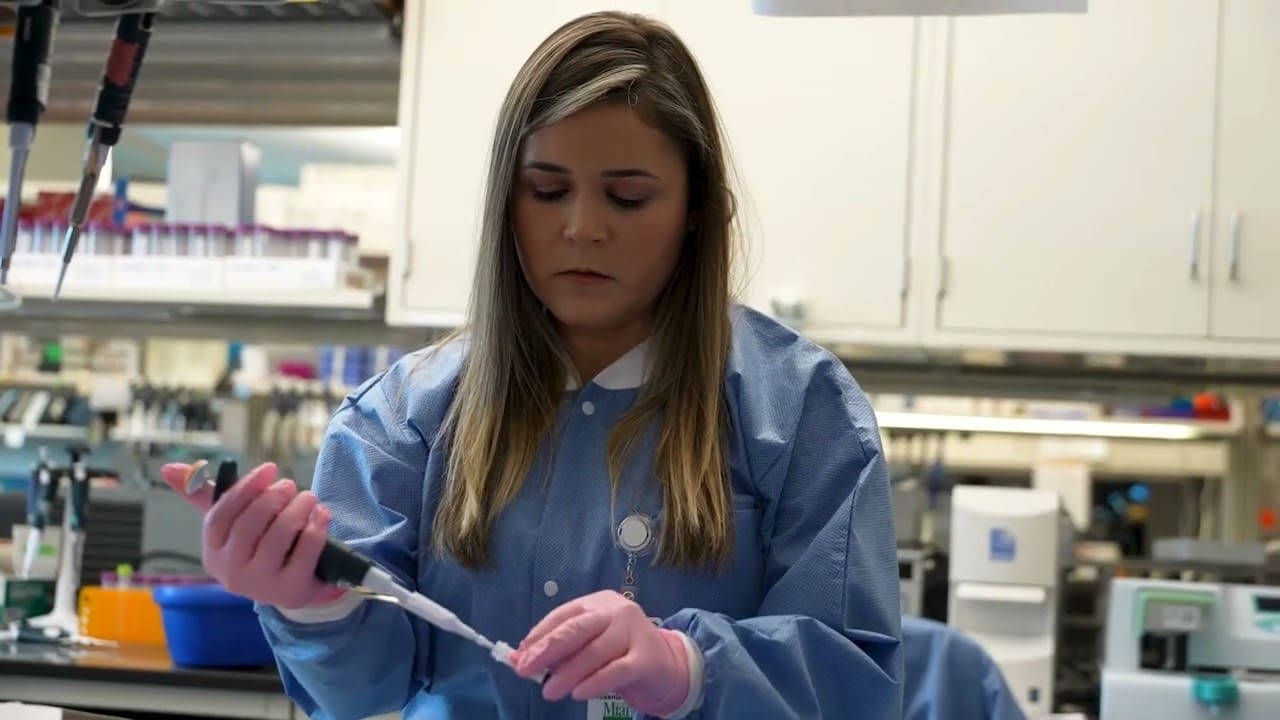Understanding the Early Signs and Symptoms of Alzheimer’s and Dementia
Alzheimer’s disease and dementia are progressive neurological disorders that significantly impair cognitive functions, notably affecting memory, reasoning, and the ability to perform everyday activities. These conditions evolve gradually, often making early signs subtle and easily overlooked. Recognizing these early symptoms is crucial for timely medical intervention and effective long-term management. This guide gives a detailed look at the main symptoms to watch for if you or someone close to you might be facing these challenges.
Memory Loss That Disrupts Daily Life
Memory loss is often the most prominent and commonly recognized symptom of Alzheimer’s. This goes beyond just small moments of forgetfulness, like losing your keys. It also includes forgetting important dates, daily events, and key conversations.
Such memory lapses can be both disorienting and distressing, affecting an individual’s ability to function independently. People with Alzheimer’s may repeatedly ask the same questions, even after someone has given them an answer. They may also use memory aids like sticky notes, digital reminders, or help from family to help with daily tasks. Memory loss at this level impacts personal and professional life, showing how serious the disease is.
Challenges in Planning or Problem Solving
Individuals in the initial stages of Alzheimer’s often find it increasingly difficult to create plans or solve problems. Symptoms may include difficulty following tasks that were once straightforward. Some examples are cooking familiar recipes and managing personal finances. The reduction in cognitive abilities can lead to heightened stress and anxiety.
Difficulty Completing Familiar Tasks
As Alzheimer’s progresses, even routine tasks can become daunting challenges. Those affected may have trouble finding their way around places they know.
They may also have trouble keeping track of their work finances. Additionally, they may struggle to remember how to play games they used to enjoy without any effort. These challenges are clear indicators of cognitive decline and signal the need for medical evaluation and intervention.
Confusion With Time or Place
One of the hallmarks of early-stage dementia is a loss of understanding of time and place. Individuals may lose track of dates, forget the current season, or have difficulty understanding the passage of time. They may feel disoriented—not just temporarily but in a more persistent manner that affects their daily functionality.
Confusion can be distressing for people who can’t recognize their surroundings or what they should do. This experience can make them feel anxious and overwhelmed. Providing clear instructions and guidance is important to help them feel more comfortable and confident. This can help reduce their stress and improve their overall experience.
Visual and Spatial Difficulties
Visual and spatial difficulties are also significant indicators of Alzheimer’s. Affected individuals may experience trouble with reading, judging distance, distinguishing colors, or recognizing faces. These problems can be especially troublesome because they can impact driving, navigating new places, and participating in regular activities. This can make daily routines and personal safety more difficult.
Problems With Words in Speaking or Writing
Communication issues are prevalent among those with Alzheimer’s. Affected individuals may struggle to follow or maintain conversations, find appropriate words, or may repeat phrases and sentences. Interruptions in speech or not being able to continue a conversation are common and can significantly hinder effective communication and social interactions.
Misplacing Things
Misplacing personal items in unlikely places is a common issue faced by individuals with Alzheimer’s. This could involve placing keys in the freezer or a wallet in the sugar bowl. They often have trouble remembering where they put their belongings. This can cause frustration and accusations of theft because of memory problems.
Decreased Judgment
Alzheimer’s often leads to a noticeable decline in judgment and decision-making abilities. This might manifest as poor financial decisions, such as spending money in error, or neglecting personal grooming and hygiene. Such behaviors are out of character for the individual and indicative of cognitive decline.
Withdrawal From Social Activities
As they notice changes in their cognitive abilities, individuals with Alzheimer’s may withdraw from activities they previously enjoyed. This could include social activities, work projects, or hobbies. Realizing you can’t do as much as before can make social interactions less enjoyable and more stressful. This can lead to feeling more alone and a lower quality of life.
Changes in Mood and Personality
Mood and personality changes are common as Alzheimer’s progresses. Individuals may experience increased confusion, suspicion, depression, fear, or anxiety. These emotional fluctuations can significantly affect individuals, especially in unfamiliar settings, and can result in increased social withdrawal.
Strategies for Managing Early Symptoms
Understanding and recognizing the signs of Alzheimer’s and dementia is the first step in managing the condition effectively. If you have any of these symptoms, you should schedule a visit to see a doctor.
An early diagnosis allows for the use of medications that can slow down symptoms and improve quality of life. The diagnosis can help manage the symptoms better and improve the overall quality of life. Patients can use medications to slow down the progression of symptoms and improve their quality of life.
Additionally, lifestyle changes, including maintaining a healthy diet, regular physical exercise, and engaging in cognitive exercises, can help manage symptoms and support cognitive health. Creating a supportive environment that reduces stress and confusion can also be beneficial. This could mean using clear labels at home. Sticking to a routine and simplifying daily tasks can also help reduce mental strain.
Conclusion
A positive diagnosis of Alzheimer’s disease can feel like a lot to handle. However, knowing the early signs and symptoms can be helpful. This knowledge can empower individuals and their families to take action. They can start managing and caring for the condition sooner.
With appropriate support, interventions, and lifestyle adjustments, those with Alzheimer’s can continue to lead meaningful lives. Recognizing these signs can help caregivers and families deal with Alzheimer’s and dementia. It can also help them prepare for the changes that come with these conditions.









